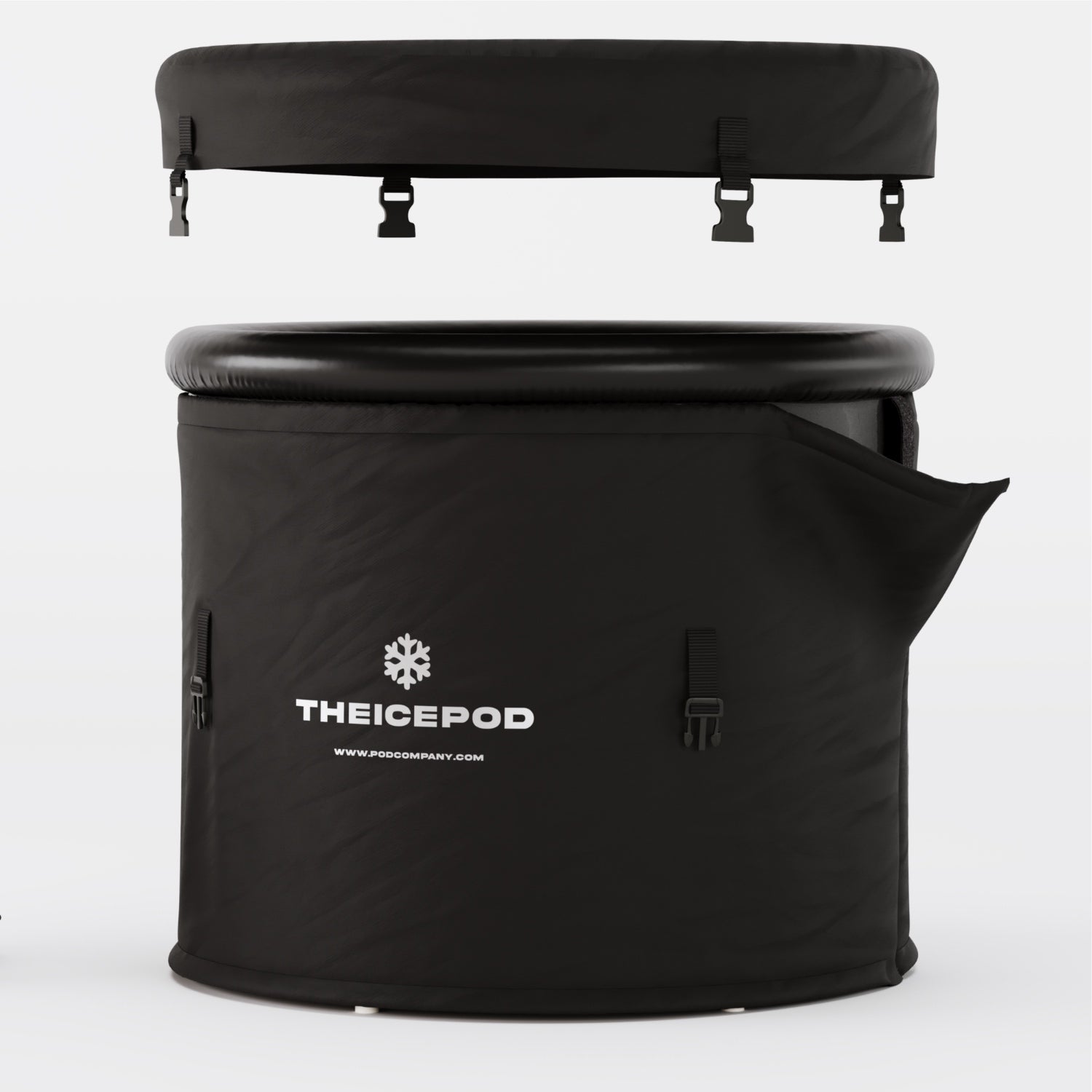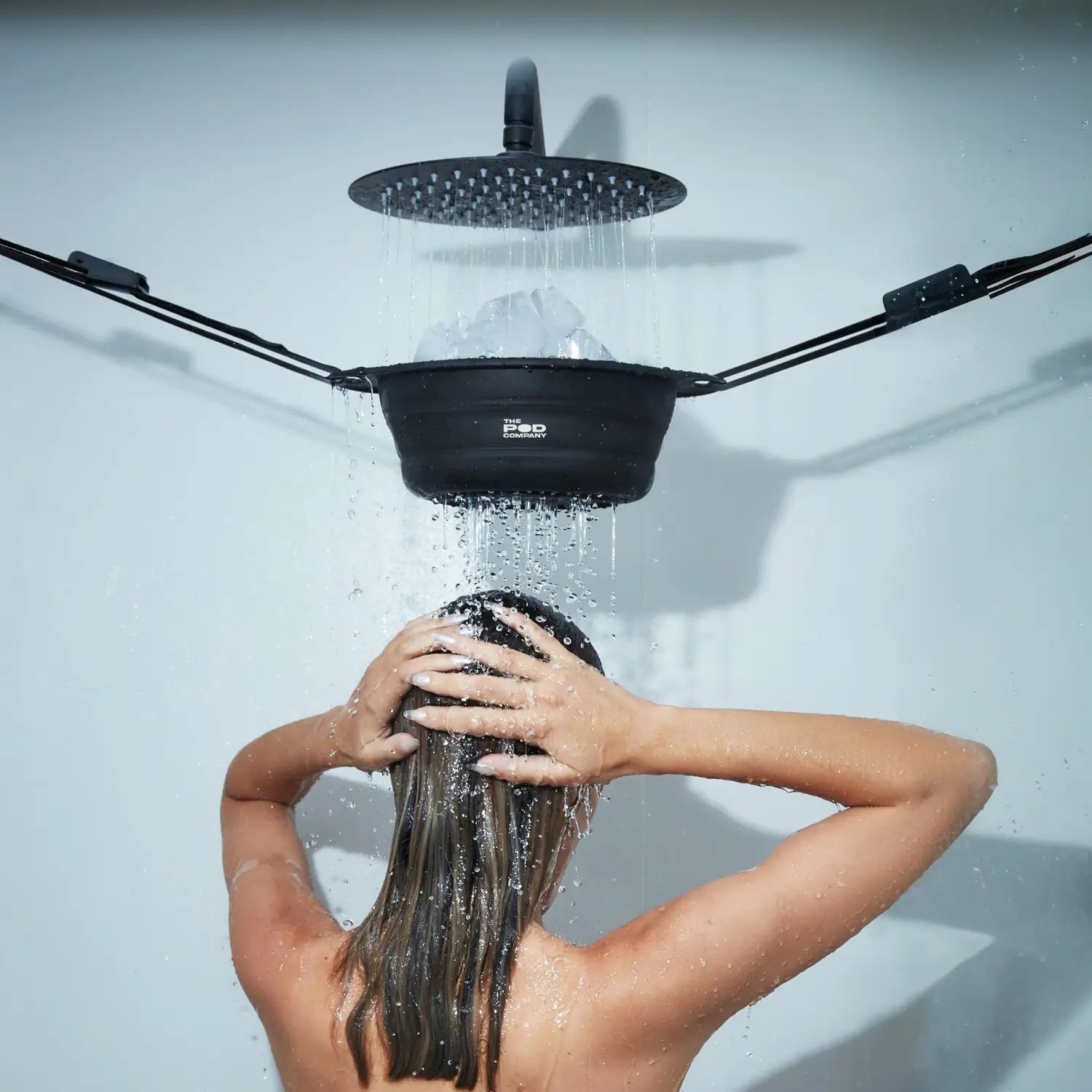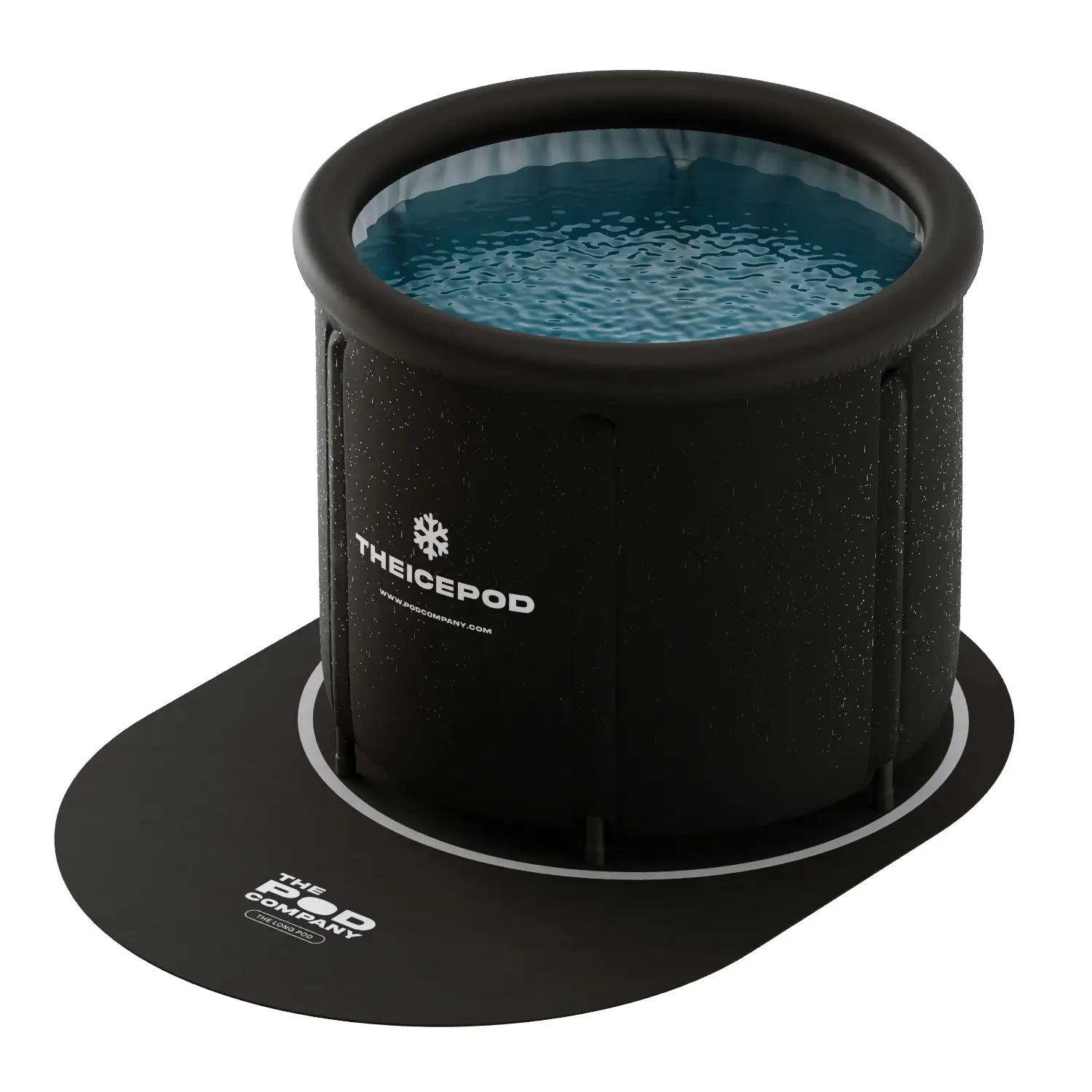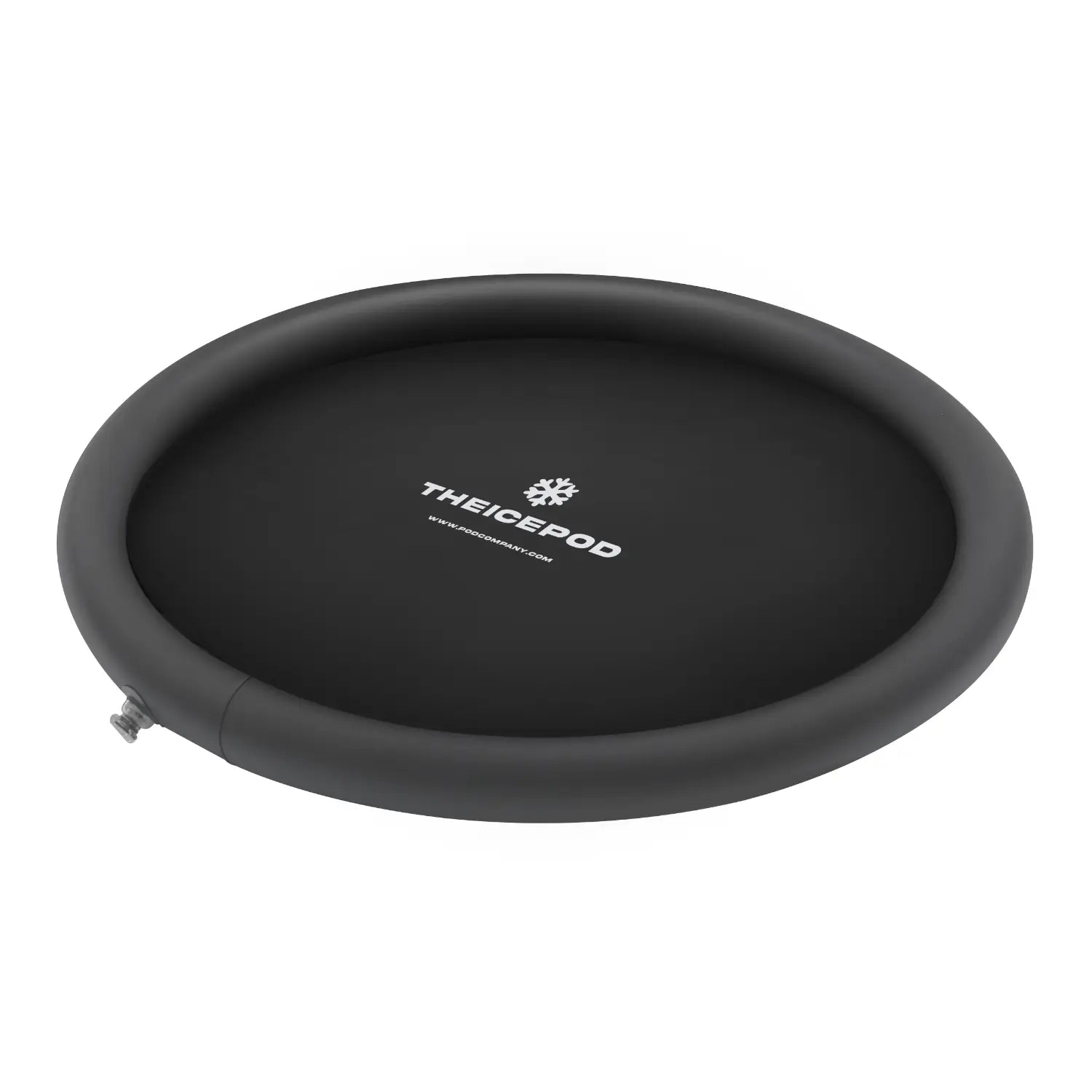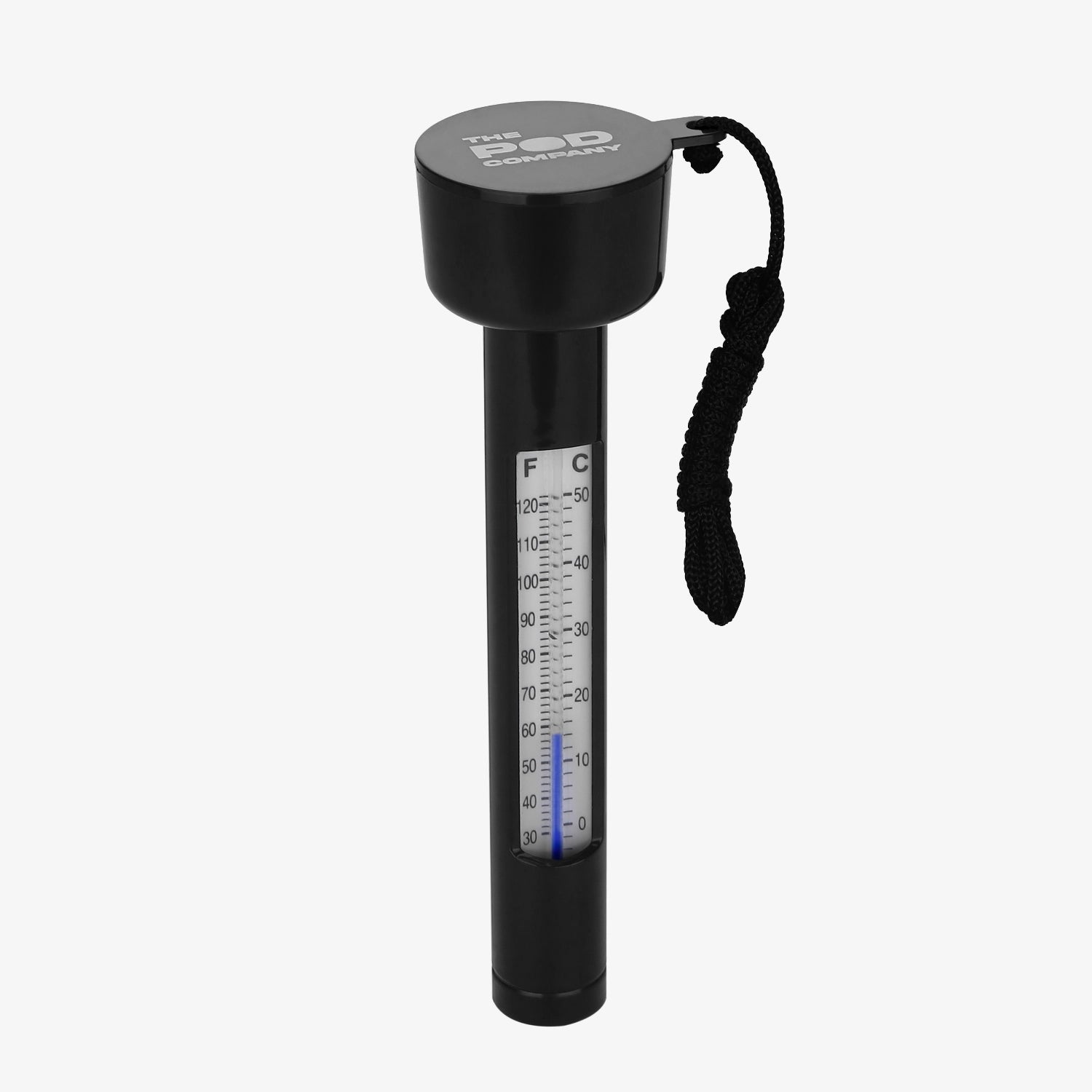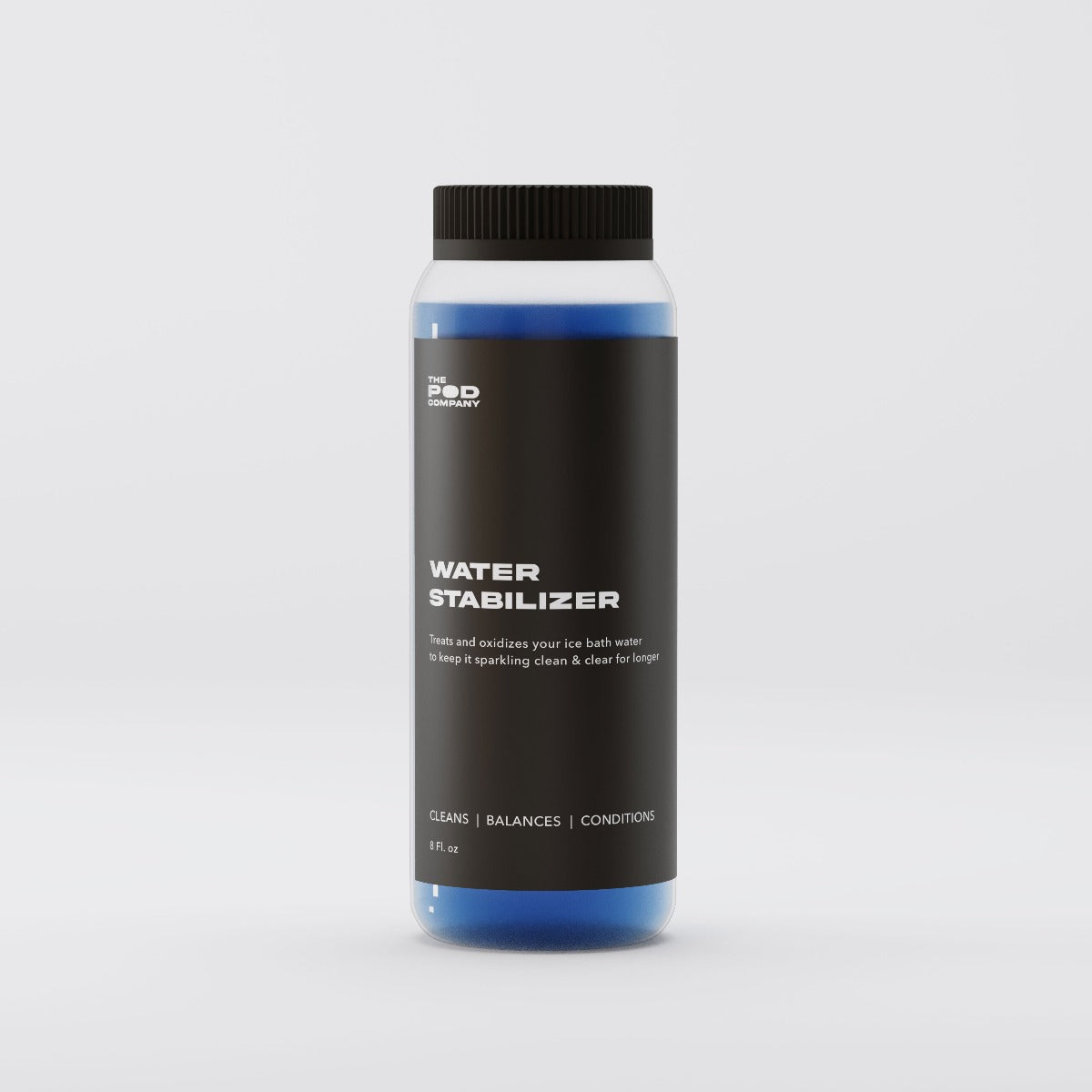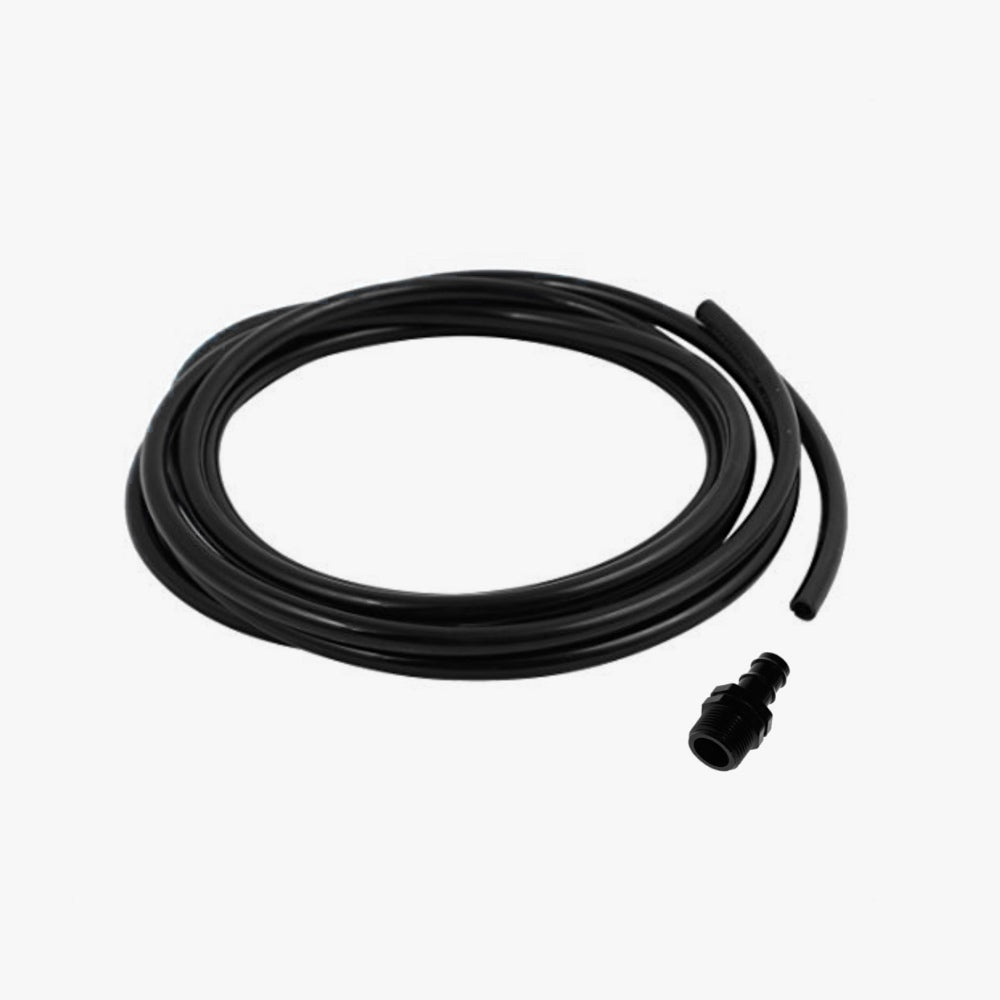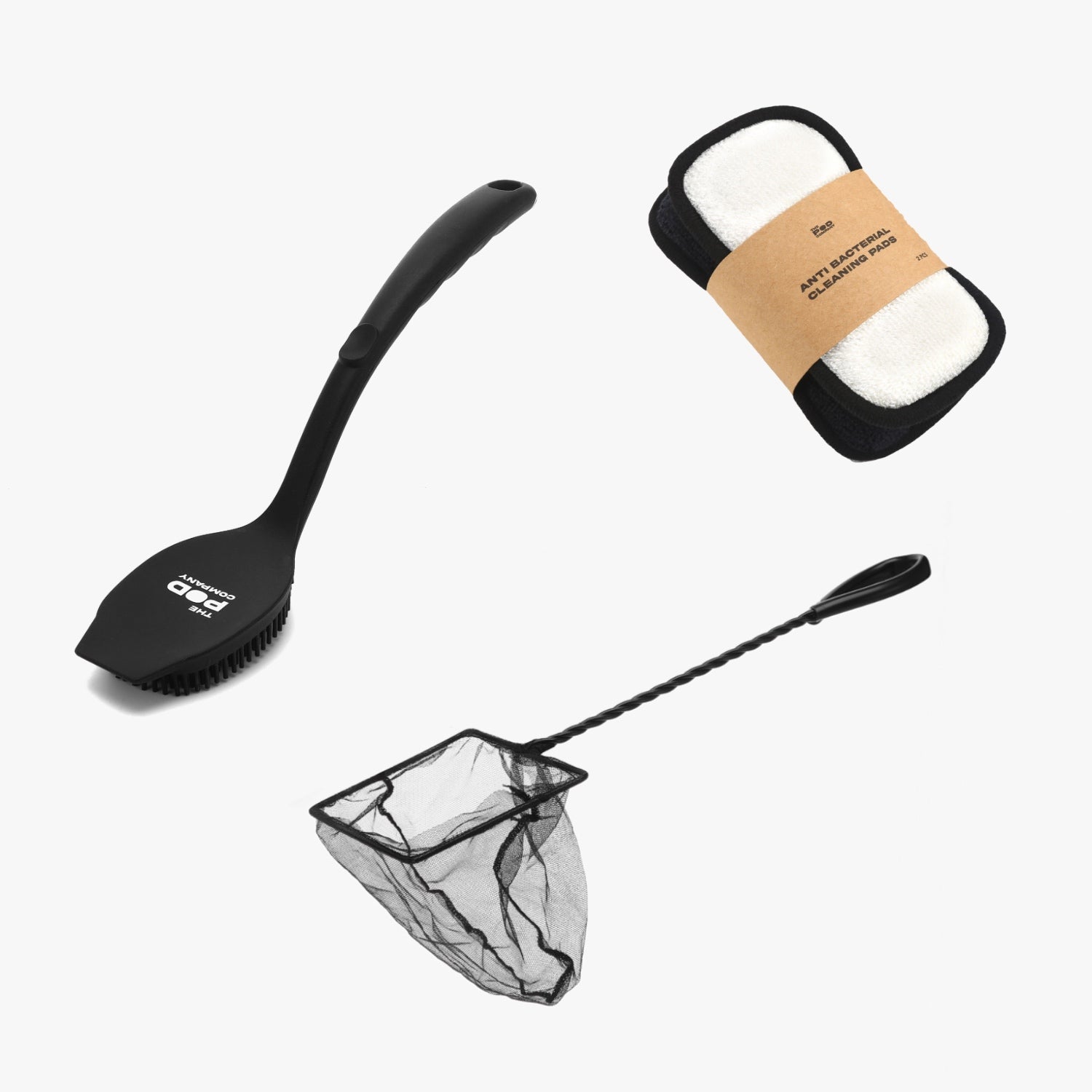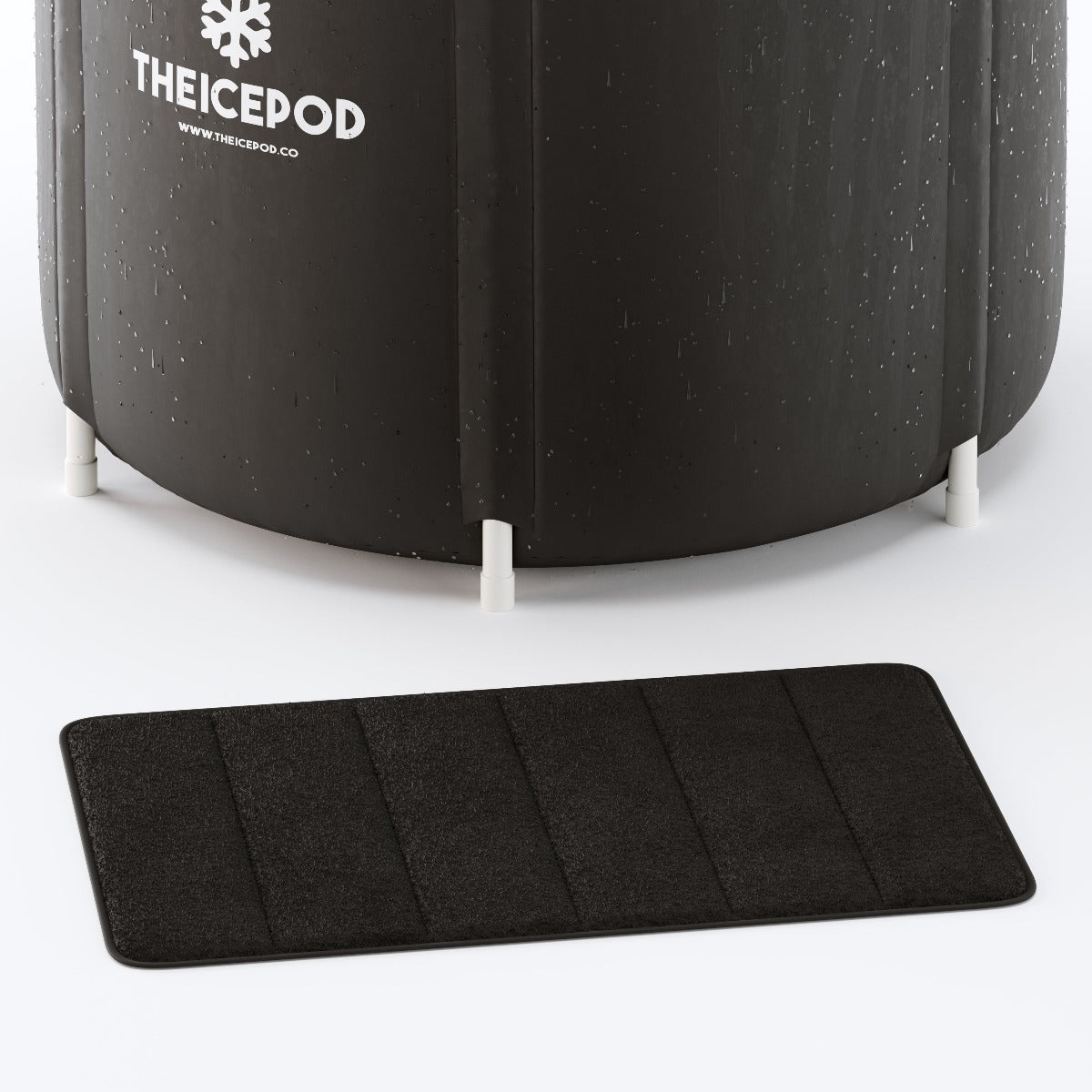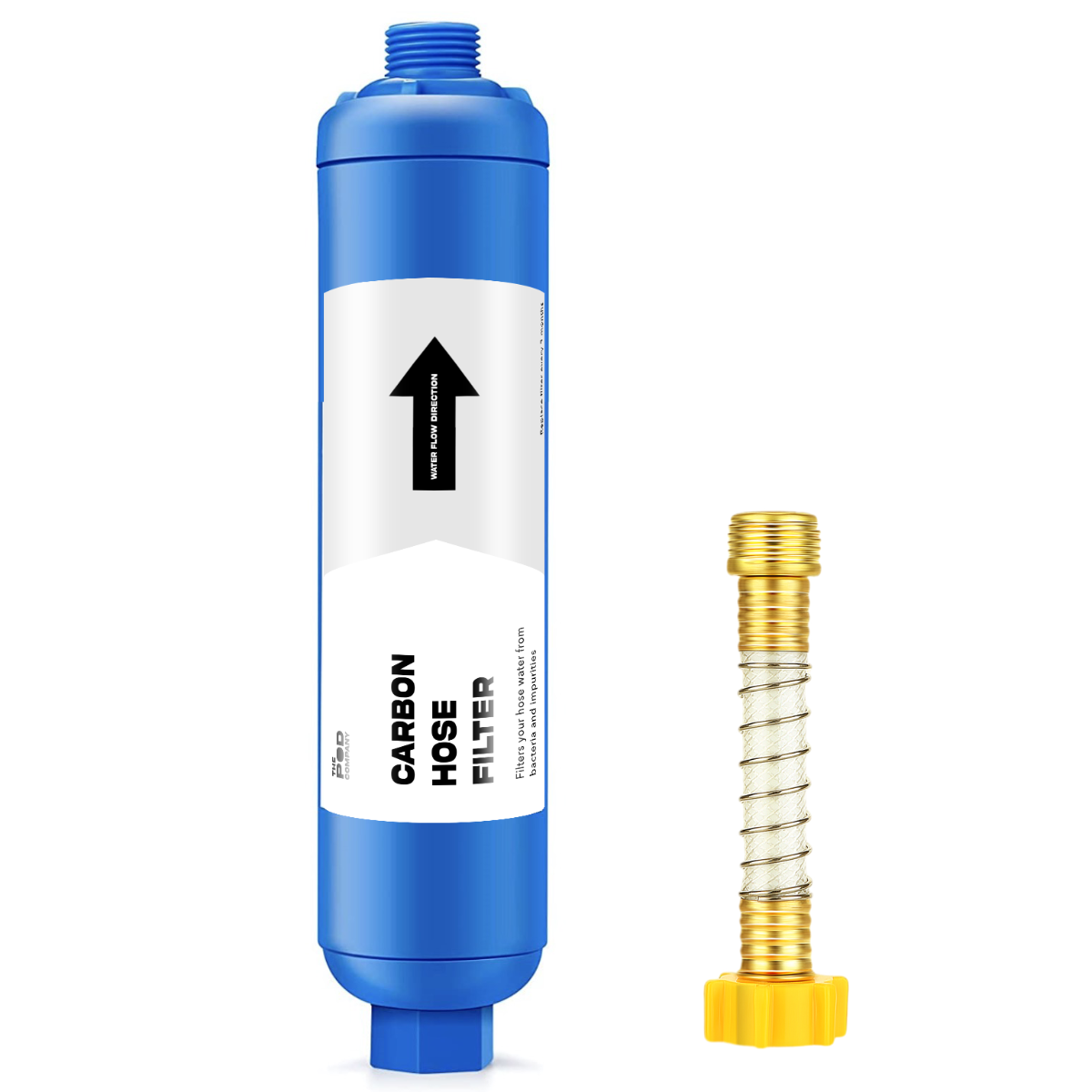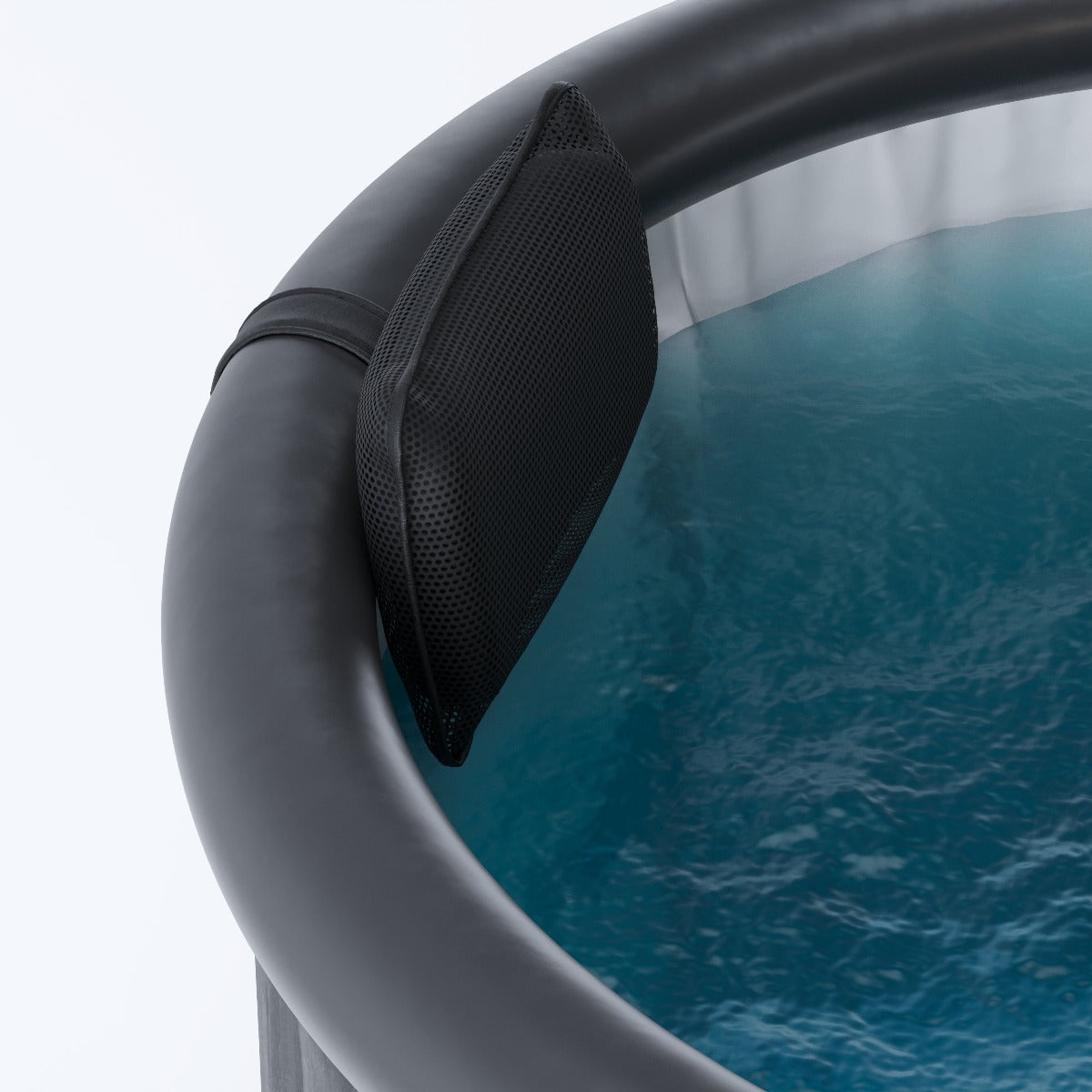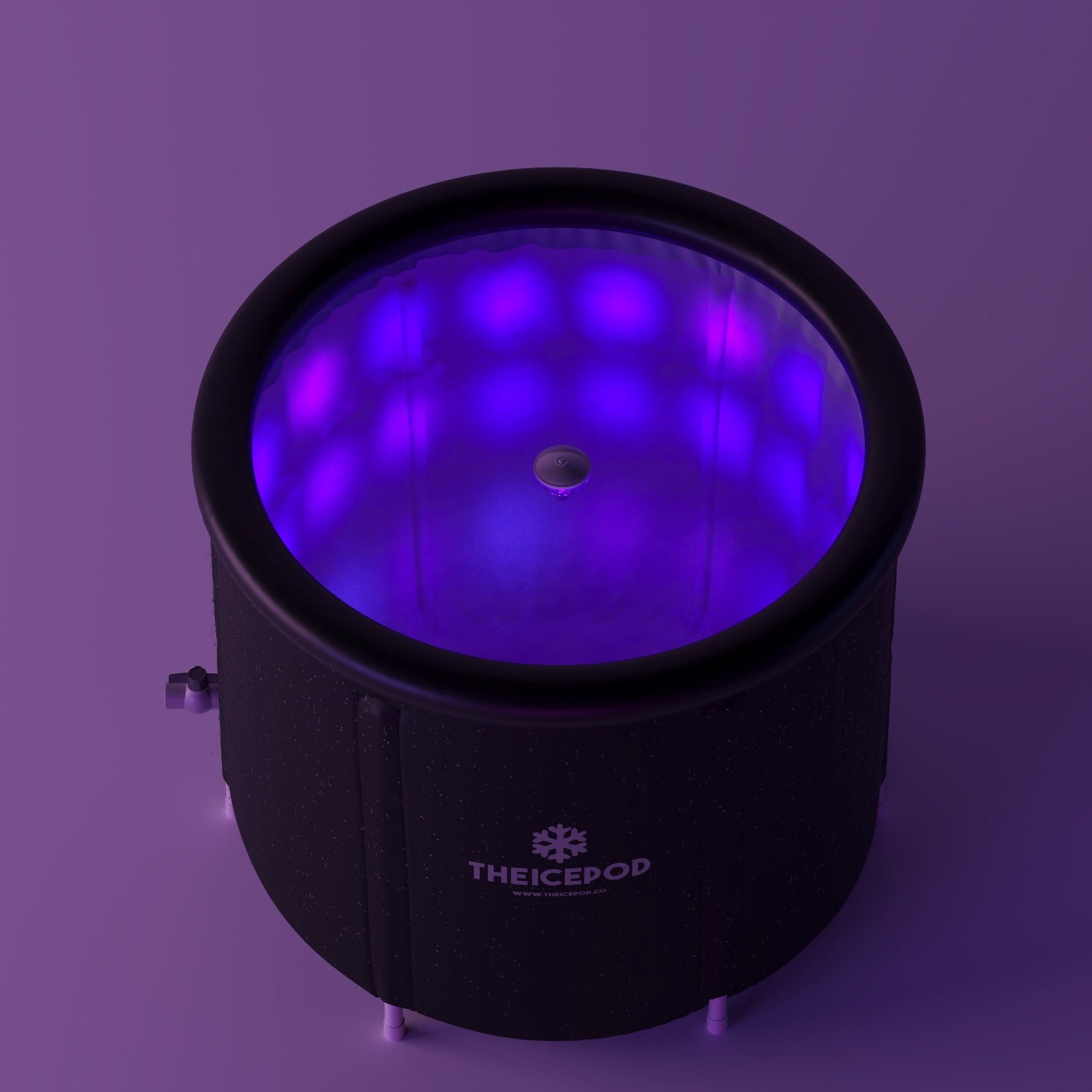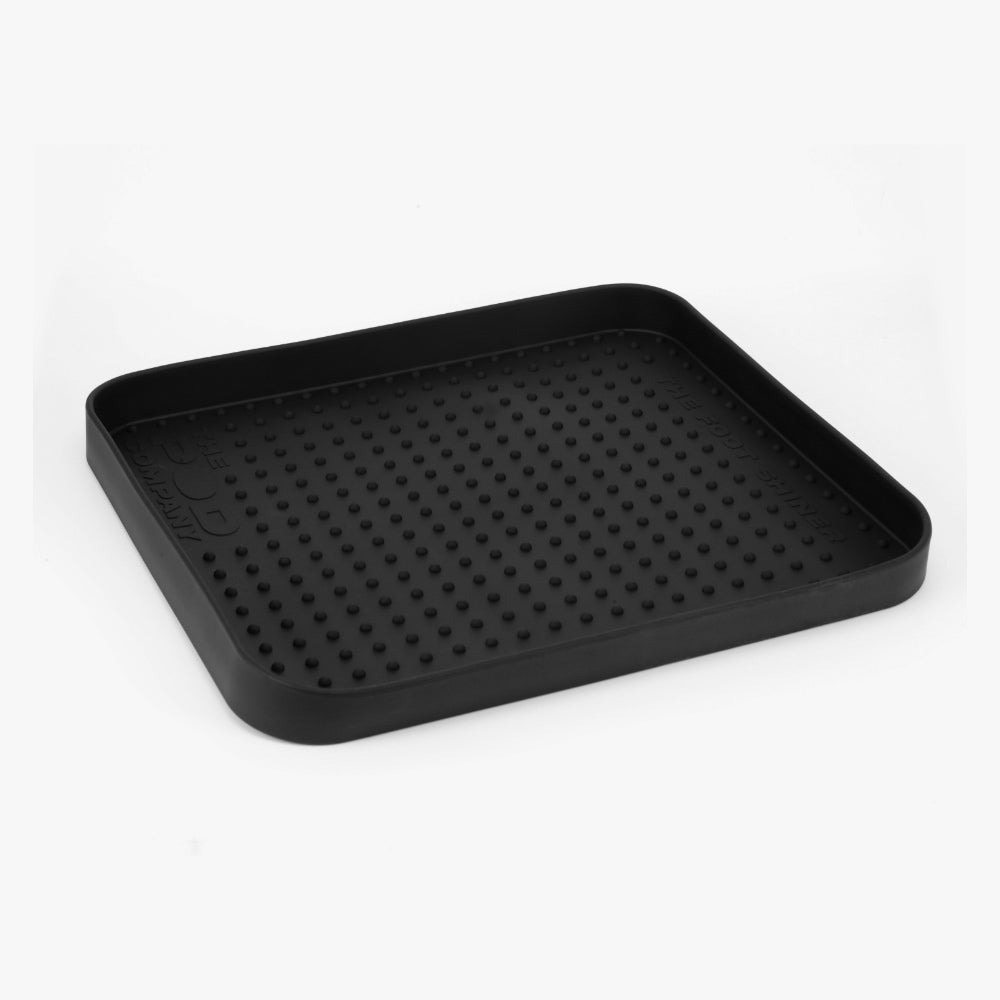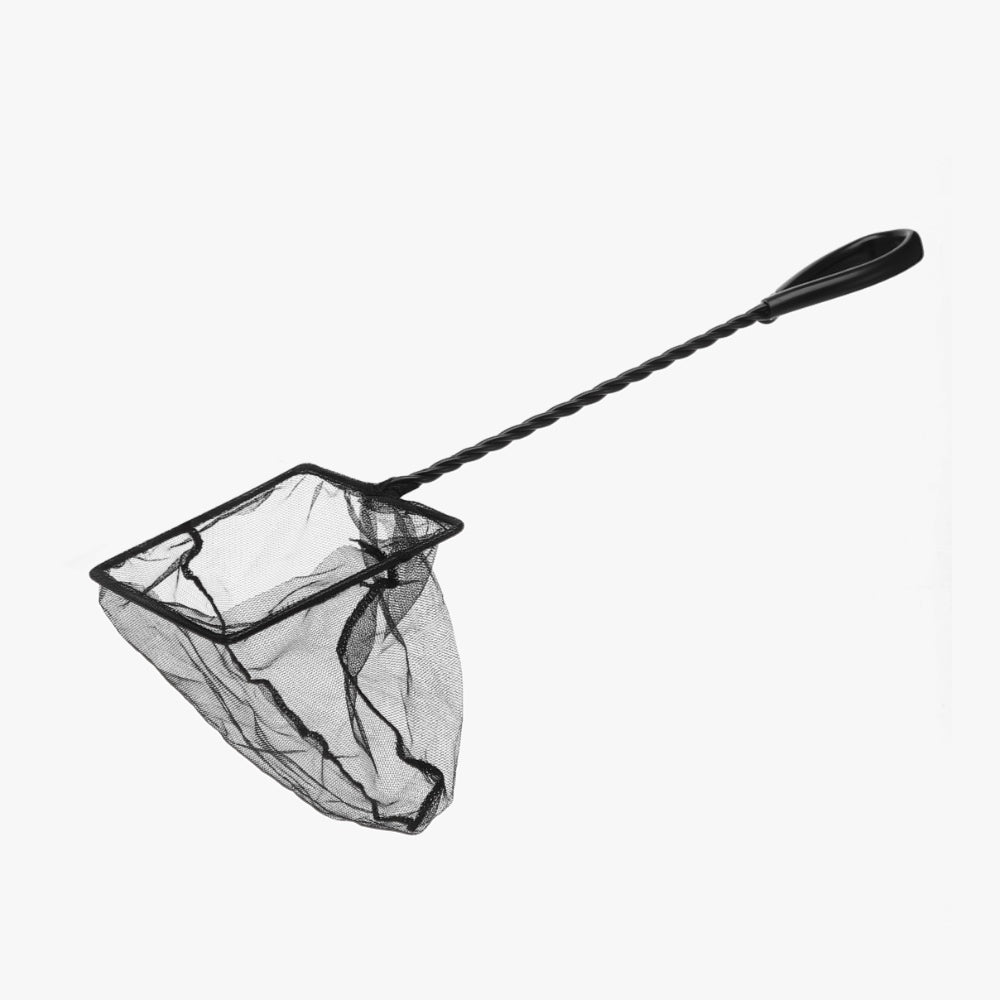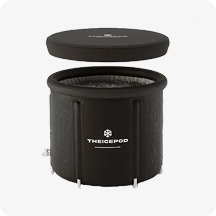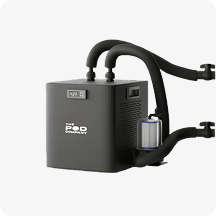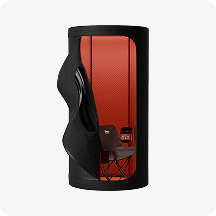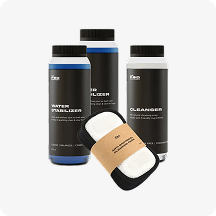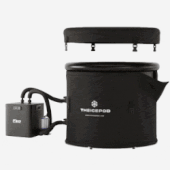Stress Relief Techniques
Stress has become a common issue affecting people’s mental and physical well-being. Managing stress is crucial for maintaining overall health, improving productivity, and enhancing quality of life. This article delves into effective stress relief techniques that you can incorporate into your routine to achieve relaxation and reduce tension.
Understanding Stress
Stress is the body's response to challenging situations, whether they are physical, emotional, or psychological. In small doses, stress can motivate us to perform better. However, chronic stress can lead to health issues such as anxiety, sleep disorders, high blood pressure, and even a weakened immune system.
Why Is Managing Stress Important?
Managing stress is crucial for:
- Physical Health: Unchecked stress can contribute to numerous health issues, including cardiovascular diseases, weakened immunity, and digestive problems.
- Mental Well-Being: Chronic stress affects mood, increases anxiety, and can lead to burnout or depression.
- Productivity: Managing stress effectively allows for better focus, higher productivity, and improved decision-making.
Stress Relief Techniques
There are several techniques you can use to reduce stress and bring about a sense of calm. Below are some proven methods to help you manage and alleviate stress in your daily life.
1. Practice Deep Breathing Exercises
Deep breathing helps activate the body’s relaxation response, reducing stress levels and calming the nervous system. Here’s how to do it:
- Belly Breathing: Sit or lie down comfortably, inhale deeply through your nose for 4 counts, allowing your belly to expand. Hold for 2 counts, then exhale slowly through your mouth for 6 counts. Repeat for several minutes.
2. Try Meditation and Mindfulness
Meditation and mindfulness practices can help reduce stress by focusing on the present moment and avoiding overthinking.
- Guided Meditation: Use an app like Headspace or Calm to guide you through meditation sessions.
- Body Scan Meditation: Lie down comfortably and focus on each part of your body, starting from your toes and moving upwards, paying attention to sensations.
3. Exercise Regularly
Physical activity is a powerful stress reliever as it releases endorphins, the body’s natural mood enhancers. Engaging in regular exercise can reduce stress levels and improve sleep quality.
- Cardio Workouts: Activities like jogging, cycling, or dancing are effective for releasing tension and boosting your mood.
- Yoga: A combination of breathing, stretching, and meditation, yoga is especially effective at reducing both physical and mental stress.
4. Use Cold Therapy
Cold therapy can be highly effective for stress relief by reducing inflammation, improving circulation, and promoting a state of relaxation.
- Ice Baths: Using The Pod Company’s Ice Pods can help soothe muscles, reduce cortisol levels (the stress hormone), and promote a calming effect on the body. A brief immersion in cold water can leave you feeling refreshed and stress-free.
5. Connect with Nature
Spending time in nature has been shown to lower stress hormone levels and improve mood.
- Nature Walks: Take a walk in a nearby park, forest, or beach to benefit from the calming effects of the natural environment.
- Gardening: Engaging in gardening can also be therapeutic, providing both physical activity and a sense of accomplishment.
6. Practice Journaling
Writing down your thoughts can help you process emotions, gain clarity, and release pent-up tension.
- Gratitude Journal: Write about things you are thankful for each day. Focusing on positive aspects of your life can reduce stress and boost your mood.
- Stress Log: Keep a stress log where you jot down stressful events, how you reacted, and how you overcame them. This will help identify triggers and develop healthier coping mechanisms.
7. Listen to Music
Music therapy is an excellent way to relax the mind and body.
- Classical or Ambient Music: These genres are particularly effective at reducing stress. You can also explore nature sounds, like flowing water or birdsong, to create a calming atmosphere.
- Sing Along: Singing your favorite tunes can also relieve stress by releasing endorphins.
8. Get Adequate Sleep
Poor sleep can exacerbate stress, while adequate sleep is crucial for managing stress effectively.
- Establish a Sleep Routine: Go to bed and wake up at the same time each day to regulate your body clock.
- Sleep Environment: Optimize your sleep environment by keeping it cool, dark, and comfortable. Using The Pod Company’s Ice Pods can help you cool down if you tend to overheat at night, promoting better sleep quality and stress relief.
Common Stress Triggers and How to Avoid Them
- Work Pressure: Unreasonable deadlines and heavy workloads can lead to chronic stress. Set realistic goals and delegate tasks where possible.
- Relationship Conflicts: Miscommunication and misunderstandings can create tension. Practice effective communication and consider relationship counseling if needed.
- Overcommitment: Learn to say no and set boundaries to avoid feeling overwhelmed.
When to Seek Professional Help
If stress begins to significantly interfere with your daily life or you find yourself constantly overwhelmed, it may be time to seek help from a healthcare professional or a therapist. Persistent stress can lead to more serious conditions such as anxiety disorders or depression, which require professional intervention.
Conclusion
Managing stress effectively is essential for leading a balanced and healthy life. By incorporating techniques like deep breathing, exercise, journaling, and meditation, you can significantly reduce stress levels and improve your overall well-being. Using tools like The Pod Company’s Ice Pods for cold therapy can complement these efforts, providing a physical and mental calming effect that helps alleviate stress.
Consistent use of these stress relief techniques, alongside maintaining healthy sleep habits and a balanced lifestyle, will help you stay resilient and calm in the face of life’s challenges. Remember, taking care of your mental health is just as important as taking care of your physical health, and incorporating these techniques is a great way to ensure both.



